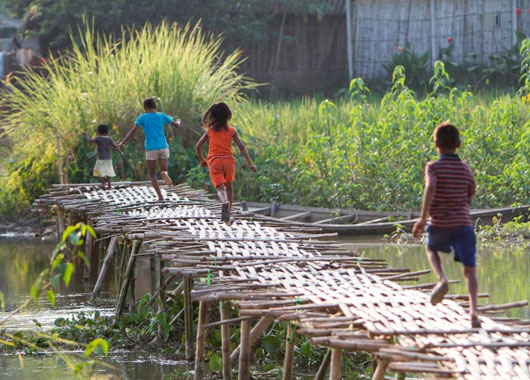
Children in Emergencies
The course will enable participants to explore perspectives on children’s rights in emergencies and develop the critical skills to respond in a child-centred way.
The training will explain the participants to reestablishment of basic services, livelihoods, shelter, governance, security and the rule of law, environment and social dimensions including the reintegration of displaced population’s results in Early Recovery. It stabilizes human security and addresses underlying risks that contributed to the crisis. This multi-dimensional scaling up process, guided by development principles, aims to generate self-sustaining nationally owned and resilient processes for post-crisis recovery. Scaling up the humanitarian responses for ensuring Early Recovery involves a complex range of actions including overcoming behavioural, institutional and environmental impediments to service delivery. It cannot happen without an adequate understanding of the international protocols and best practices, enhanced collaboration between the stakeholders and greater harmonization between global initiatives and national strategies.
The training will provide analytical approaches and strategies to identify and address the unique needs and vulnerabilities of children in disasters, including making use of linkages between the development programming for children and the humanitarian response. The training will share the programmatic approach to for the child centred emergency response with clear understand about key international frameworks and protocols and apply them to programmes to address needs and vulnerabilities of children and care givers in disasters.

